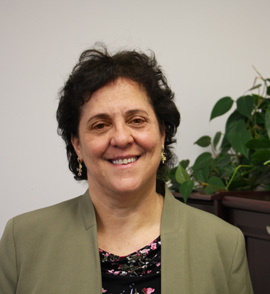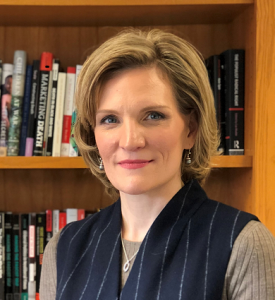“We have identified the empirical research of AEMS, which is an important part of Advancing Education in Muslim Societies, [and have] framed it in the third space. And what the third space means is that we are putting emphasis on the socio-emotional learning aspects of students whether they are in k-12 or in higher education. So in order for us to really come up with a research agenda in the third space it requires from us to start somewhere, and Mapping the Terrain is where we start because we are trying to build the foundation for our research as well as identify where the gaps are, identify the strengths, identify promising practices, but most importantly also, identify what people think, students, parents, teachers, think about these topics that we are calling socio-emotional learning and we are framing them in the third space.
When we started looking at the third space and tried to translate it into empirical research you cannot just go with such a broad term. You have to translate it in a way that you can build constructs and measure them…These constructs should be measurable in order for you to survey people and to have a quantitative study going on, which means that you are surveying as many people as possible to have some kind of common grounds for the mapping exercise.
To do that, we went into the UNESCO concept of “learning to be”. And learning to be is all about taking into consideration the holistic approach to learning, so it’s not just the academics and the education for employment, the first space, and it’s not only education for civic education and democracy, but it’s also for this whole person. That becomes critical because you know there is lots of support for socio-emotional learning and its impact on academics. So, in the research we know that this works well, and that this shows evidence and promise in some international settings. I don’t see why not in Muslim majority societies as well.”


